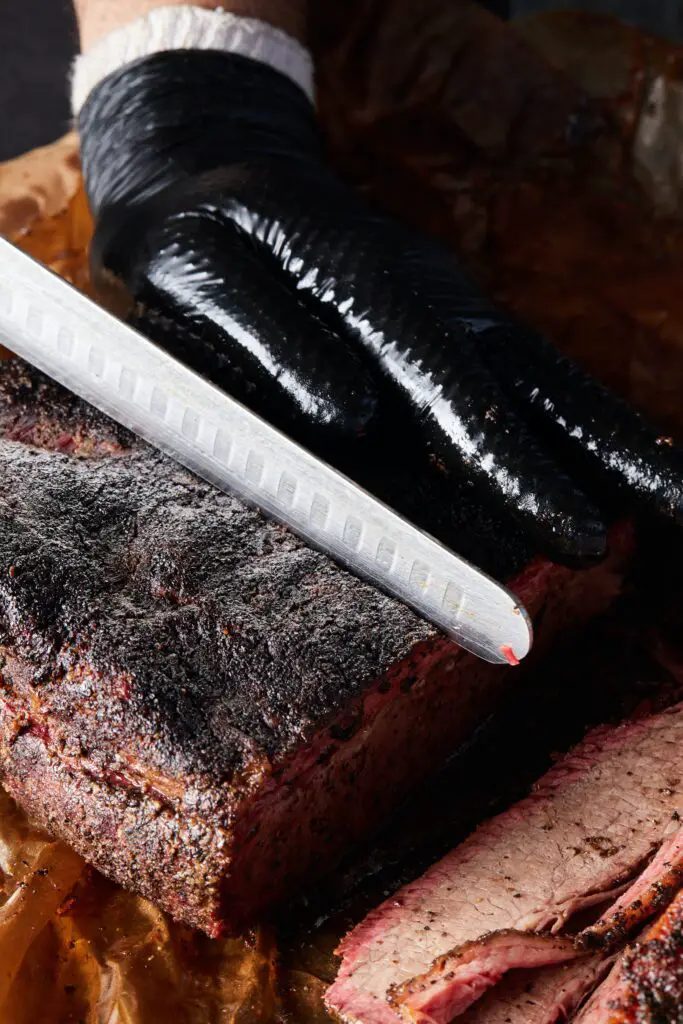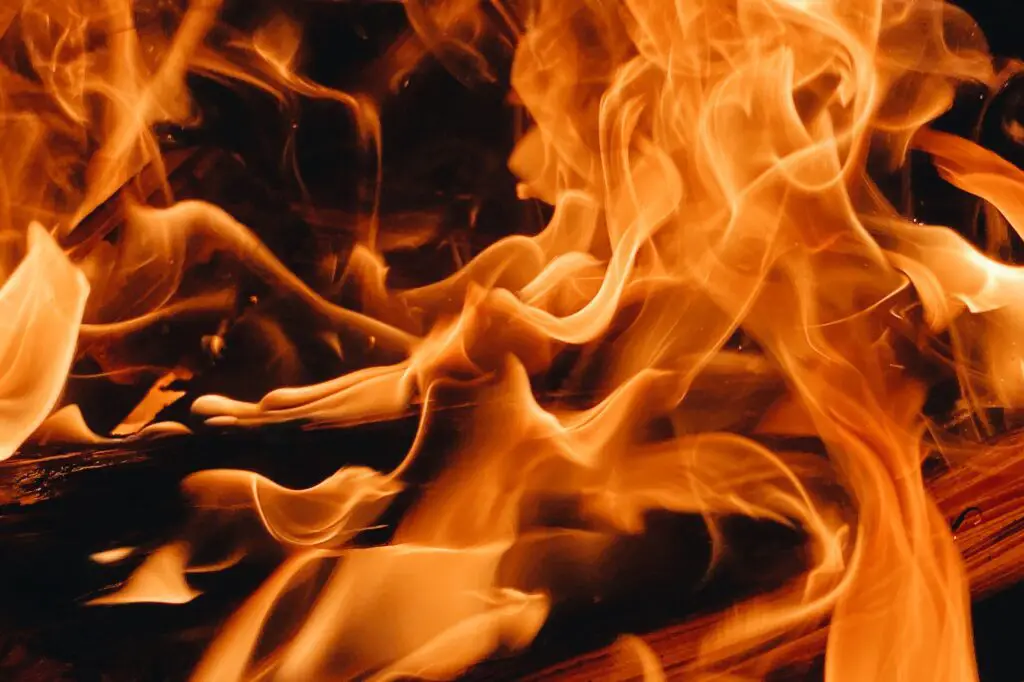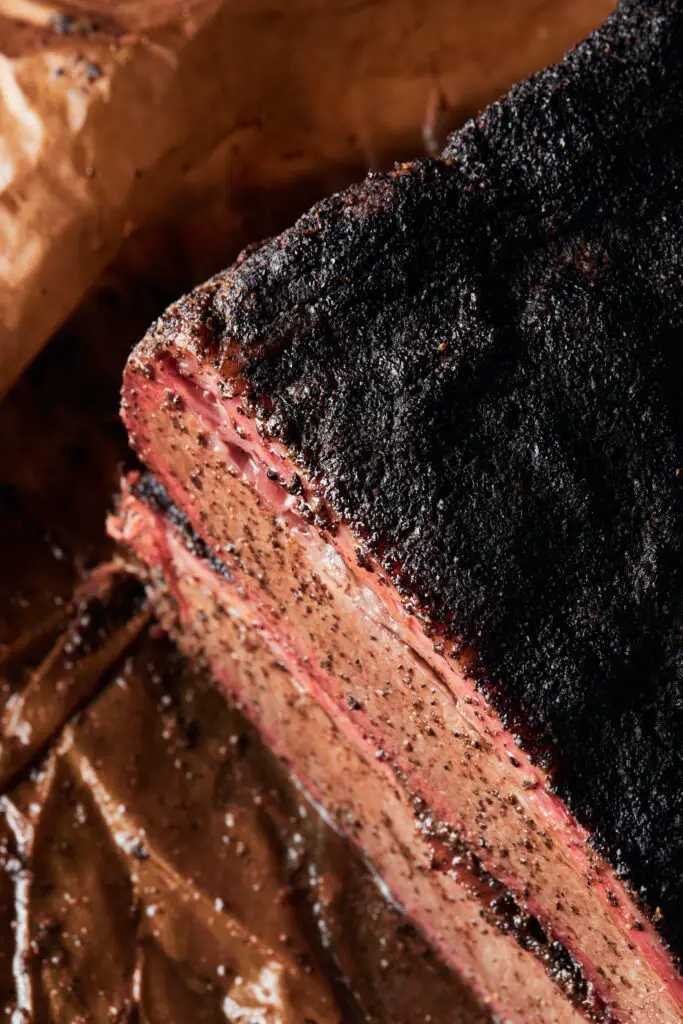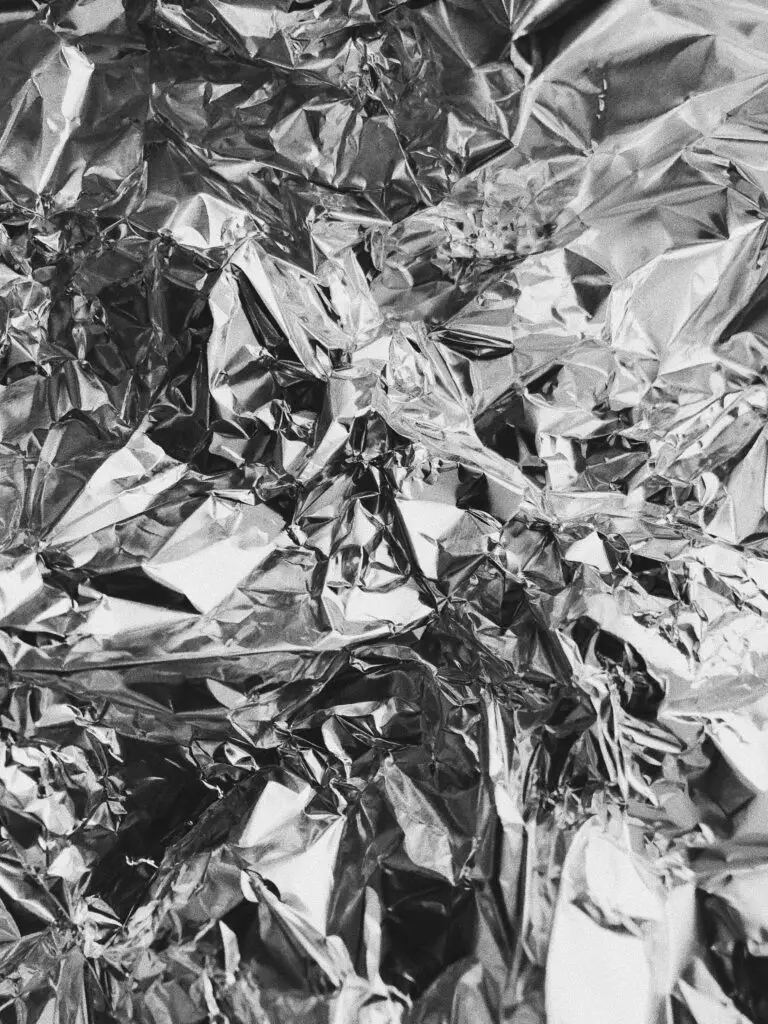My Beef Brisket Came Out Dry
Brisket Dry And Tough
Having a brisket that is dry and tough is irritating!
Not only is having a brisket that is tough and extremely dry irritating, you should also consider how the party that will eventually eat it feels.
Not many people are too fond of having an unappetizing BBQ.
Tough and dry BBQ is very boring and uneventful. You don't want that especially one serving many different parties at whatever type of event you happen to be at.

You also don't even have to be serving other people, you could also just be eating the barbecue yourself. It will still not be a very pleasant experience.
Despite the fact that you may have encountered a very tough and rather try piece of meat, rest assured that there are tried and true methods of ensuring you always come out with a very tender and juicy piece of BBQ.
Does brisket get more tender the longer you cook it?

On average, most Pitmasters will mess up the first few cooks of brisket.
There's really no way around it because brisket happens to be a very finicky piece of meat to begin with.
It also has two distinct muscles in the actual cut itself, which makes things even more difficult to get right.
To get things right, you basically want to do two very important things.
The first of which is to cook the brisket long enough so they connective tissue and collagen within the BBQ itself has reached a high enough temperature to where it will fully render down.
Rendering down all of the connective tissue and fat within the brisket will be one of the most critical points in the cook.
It basically just allows the meat to become very flavorful and tender.
If you don't do this and don't smoke the brisket long enough, then it will be very dry and extremely tough.
The second most important thing you should always consider when smoking a brisket, is to let it rest long enough.
This basically allows the internal temperature to come down to a reasonable enough range, so when you decide to slice into it, the moisture does not evaporate the second you open up the meat.
The average cook time for the average brisket can vary significantly, but the general rule of thumb is to consider cooking a brisket for one hour per pound of actual meat on the grate.
This essentially means that for a 12 pound cut of BBQ, expect to have it on the smoker for around 12 or more hours.
Always use this as a general guideline if you were smoking at around 225°F and ambient temperature.
As the ambient temperature starts to increase, you can start to expect a short a cook time because the meat is actually cooking a lot faster.
But that is a topic for a different day.
Can you fix dry brisket?

If the damage has already been done, and you have pulled the brisket off of the smoker and even sliced into it, there are still some methods you can employ to salvage the BBQ.
A common method that I personally like to use, is to properly wrap any slices you have removed from the main cut, in aluminum foil, and place a significant amount of beef broth to go with it.
Place it back on the smoker or place it into a warming oven to further cook through the meat slices and perhaps even re-moisturize things.
By attempting to fully cook the brisket through, you are giving it another chance to render down all of the connective tissue and fat within the overall meat and specifically the slices.
This can greatly increase the value and the overall profile of the BBQ, thus salvaging your lengthy cook.
Fixing Dry Brisket
Fixing dry brisket can be very beneficial for any pitmaster and audience.
Obviously, the reasoning is because a dry brisket is not that appetizing.
A very tender and juicy brisket however, is very appetizing.
So, whenever you encounter a dry brisket, always attempt to at least salvage it in anyway you can.
That means rehydrating it and knowing what to do in the event that you happen to encounter one.
It also becomes very important to understand when you have an over cooked or an under cooked brisket.
Because, they have different characteristics and symptoms as well as causes that you can take with you and future cooks and thwart against it going forward.
How do you rehydrate a dry brisket?
Let's say you have a brisket that is extremely dry and tough.
A great solution to this would be to rehydrate it effectively.
A common method that I and other Pitmasters like to use to rehydrate their briskets are to basically re-wrap the slices and the entire cut of barbecue inside a piece of aluminum foil.

Wrapping the brisket inside a piece of aluminum foil just helps to preserve any further moisture loss.
Once it is encapsulated in the foil, go ahead and either get a stick of butter and or a lot of beef broth and pour it all into the foil encasing with the barbecue inside.
Once you have all the ingredients and foil wrapping around your brisket, consider putting it back on the smoker or instead of a warming oven.
This not only lights the temperature inside of the meat to rise and perhaps even break down more connected tissue, it also allows for the moisture to begin re-absorbing back into the meat.
By following this simple suggestion, you can effectively rehydrate a tough and dry brisket to the best of your ability.
What to do if brisket is dry and tough?
If your brisket unfortunately happen to come out dry, you can certainly attempt and rehydrating it like I mentioned above.
You can also consider understanding why it came out tough and try to begin with.
One of the main reasons why a brisket comes out dry and tough is basically just because you did not cook it long enough or you did not let it rest long enough.
Both of these two very important things can impact the quality of your barbecue substantially.
Just treating the symptoms of a dry piece of meat can only get you so far.
Eventually you want to understand why you were getting a dry piece of meat to begin with.
That basically is because the connective tissue did not run her down all the way.
Also, the brisket may be too hot and you did not let it rest long enough before slicing.
Those two things once again, are the main causes behind a tough and dry brisket.
All of this being considered, if you happen to have a tough and dry brisket, just understand why it happened to begin with so in future cooks, you don't always have to be worrying about how it will come out.
You need to have confidence in your skills as a pitmaster and always produced amazing results.
Is dry brisket overcooked or undercooked?
Briskets are a very popular cut of beef, and they're typically enjoyed for dinner which is why it's important to know whether overcooked or undercooked briskets are good.
If brisket is undercooked, then the texture will be tough and chewy. If brisket is overcooked, then the texture will be crumbly, and also very dry.
The best way to ensure that you're cooking your beef brisket to perfection is knowing what temperature it should be at before it's ready.
Beef briskets are generally meant to be served once they reach an internal temperature of 200 degrees Fahrenheit.
They will also be fork tender when you can easily pick up a slice of meat that is falling apart.
Tough brisket is caused by undercooking it, meaning it hasn't reached the temperature where you're able to pull apart the muscle with your fingers.
The texture will remain tough and chewy because the connective tissue hasn't broken down yet.
Overly Tender brisket is caused by overcooking, meaning it has reached the temperature where it's falling apart and not staying in one piece.
The texture will be dry because the fat cells have started to break down into a liquid form which means that you're losing some of your meat juice content.
Unless you're a pitmaster who has been smoking beef brisket for years and knows exactly how to tell when it's done, the best way to make sure that your beef brisket doesn't fall into either category is by investing in a meat thermometer.
They can be purchased at any grocery store or department store like Walmart for around $10.
How do you make smoked brisket more moist?
Brisket is one of the most popular smoked meats, and with good reason!
It's tender, flavorful, and it has a nice fat layer on the top that helps keep it moist.
But sometimes brisket can be too dry or tough to enjoy without sauce.
Fortunately, there are some simple steps you can take before smoking your next brisket that will help make sure your brisket comes out perfectly juicy every time.
Making smoked brisket moister is simple, and is done by cooking it long enough until the internal temperature reaches around 200 degrees.
The brisket should always be rested for a minimum of 3-5 hours to ensure all the juices inside the meat flow throughout the meat, making it incredibly moist.
Brisket not getting tender
Brisket that is not tender is because you have not cooked it long enough.
If you're using a thermometer, check to see what the reading is.
Make sure it is reading around 200 degrees in internal temperature before even thinking about pulling it off the smoker.
Also, once the thermometer provides the necessary reading for the meat, make sure that you can begin re-inserting it all around the brisket with zero resistance.
That is indicative of a brisket that is ready to be pulled!
So, once your meat thermometer reads the appropriate internal temperature, make sure you let it rest for around 45 minutes before pulling it!
It's also good practice to tent the brisket with foil if it is done cooking earlier than expected.
This will help lock in all that tasty juice that you have worked so hard to create!
Luckily, your Texas brisket will always be tender, even if it's cooked a little too much!
Just make sure to keep it moist and serve with some fresh bread or buns!
And you're done!
What Causes Dry Brisket?
Dry briskets are the direct result of not cooking them long enough.
That means the connective tissues and collagen within the meat have simply not had enough time to render down completely.
Since that has not happened, the meat will more than likely be very chew, and tough.
On the other side of the equation, however, if you do happen to smoke a brisket too long, you could have rendered down the connective tissue too much, thus also creating a dry piece of meat.
Brisket is a tough cut of meat that can withstand many hours of smoking without being overcooked.
The collagen in the brisket needs to break down or melt, to make it tender enough to eat.
In fact, cooking a brisket until it becomes tender enough to melt in your mouth is a sign of a good cook.
The collagen in the brisket begins to melt at around 160 degrees Fahrenheit and is completely broken down into gelatin at 201 degrees Fahrenheit.
This process can take 8-12 hours, depending on the type of smoker you use and how hot you are actually cooking at.
Dry Brisket Symptoms
If you go by time alone when cooking a brisket, without considering the temperature, it can become dry and tough to eat.
A brisket that has been cooked too long will have a dark crust or bark on the outside, which doesn't necessarily mean it's going to be dry inside.
If the internal temperature has reached well over 200 degrees Fahrenheit, dried-out meat will result.
When smoking a brisket until it reaches this temperature, it's very easy for it to become dry and tough.
Dry Brisket Solutions
To avoid a completely dried-out brisket that has been cooked too long, consider using a meat thermometer to gauge internal temperature instead of cooking time.
By creating steam in an enclosed container, such as aluminum foil or a cooking bag, you will also add moister to the brisket while allowing it to keep its smoky flavor.
Another option is to wrap the brisket in butcher paper instead of foil or a cooking bag; this method will also allow it to cook further through.
Final Thoughts
There are many reasons that your brisket may turn out dry, but the biggest problem is cooking the meat too long.
Cooking time is an important factor in making tender barbecued beef, especially if you're smoking with charcoal or wood.
Dry and tough brisket can be a result of either not cooking it enough or overcooking it.
Dry brisket is caused when the collagen and connective tissues in the meat have not been sufficiently broken down.
They cause the meat to become tough and chewy.
Overcooking a brisket can cause it to become dry because of excess moisture loss.
Some common reasons for why dry brisket occurs include:
- Not enough time spent smoking it.
- Improper temperature control during smoking.
- Leaving it wrapped in foil too long after cooking
Source: https://bbqdropout.com/brisket-dry-and-tough/
0 Response to "My Beef Brisket Came Out Dry"
Post a Comment